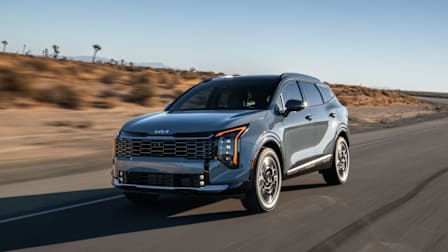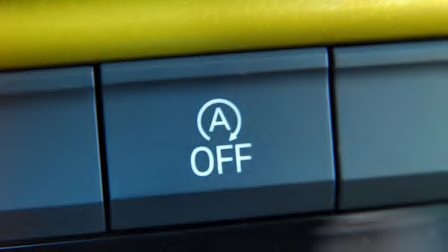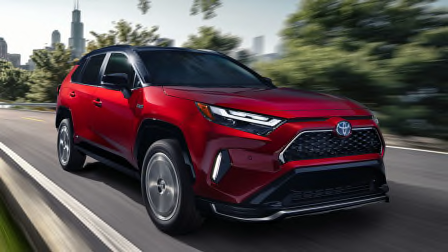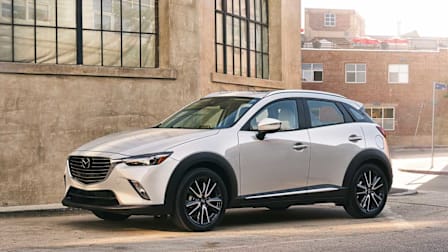Top Tier Gasoline Is Worth the Extra Price, Study Shows
An analysis by AAA reveals that gas with detergent additives can keep an engine running smoothly

Not all gasoline is created equal. There’s plain old regular, and then there’s regular gasoline that meets a higher standard, known as Top Tier gas. The difference between the two is significant, based on an extensive study conducted by AAA. Its testing revealed that consumers would be wise to factor the quality of the gasoline into their purchase decision, even if it costs a little more.
What Is Top Tier Gas?
Gasoline is essentially a shared commodity, often stored in common containers until it’s purchased by a major retailer. After that, the retailer treats the gas with a specific additive, thereby giving the fuel its brand identity. But are these additives just a dose of marketing hype?
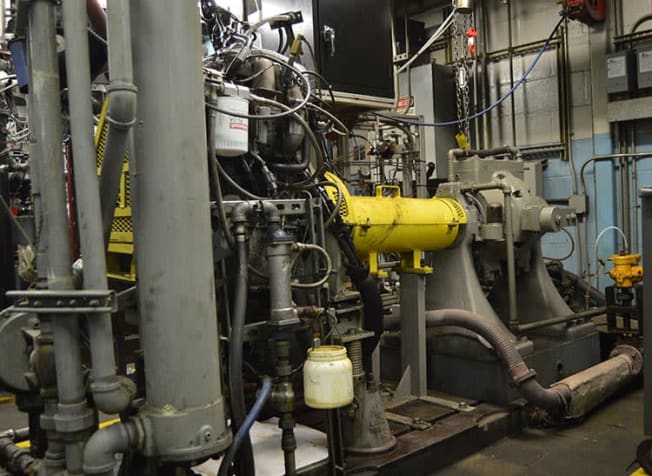
Top Tier Gas Retailers
These are among the dozens of brands that sell Top Tier gas.
| See a full list of Top Tier retailers. | |
| 76 | Mobil |
| Aloha Petroleum | Morongo Travel Center |
| Arco | Mountain Sky Travel Centers |
| Beacon | Ohana Fuels |
| Cenex | Pahvant Travel Plaza |
| Chevron | Phillips 66 |
| Citgo | QT/Quik Trip |
| Conoco | Ranger Fuel |
| Costco/Kirkland Signature Gasoline | Reeders |
| CountryMark | Rutter's |
| Diamond Shamrock | Shamrock |
| Express Mart | Shell |
| Exxon | Simonson |
| Fast Fuel | Sinclair |
| Harmons Fuel Stop | Sunoco |
| Hele | Texaco |
| HFN - Hawaii Fueling Network | Valero |
| Holiday | Value America |
| Marathon | Waterway Fuels |
| Mega Saver | Win Win |
| Meijer | WOW |
Top Tier Gas Test Findings
For the test, an independent engine testing lab that specializes in fuel analysis operated an engine continuously for 100 hours on a cycle to represent 4,000 real miles of use. The engine was then disassembled and photographed, and its key components were weighed and measured to determine the thickness of carbon deposits. Six fuels were used and randomly selected and split among three basic gasoline sources and three Top Tier.
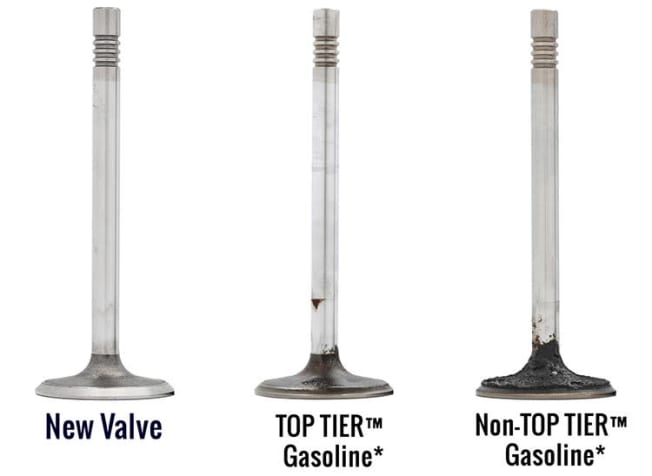
@consumerreports Is top tier gas worth the extra money? See the latest episode of Talking Cars through the link in our bio. #carsoftiktok #cartok #carcommunity #gas
♬ original sound - Consumer Reports

